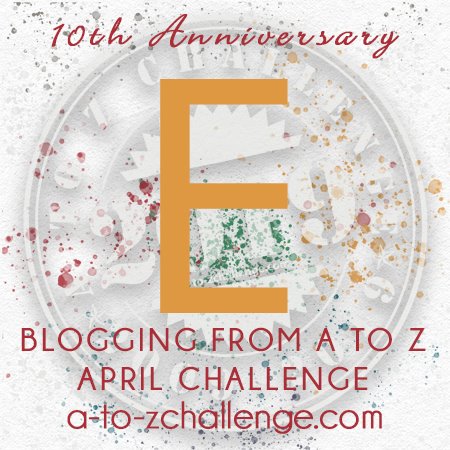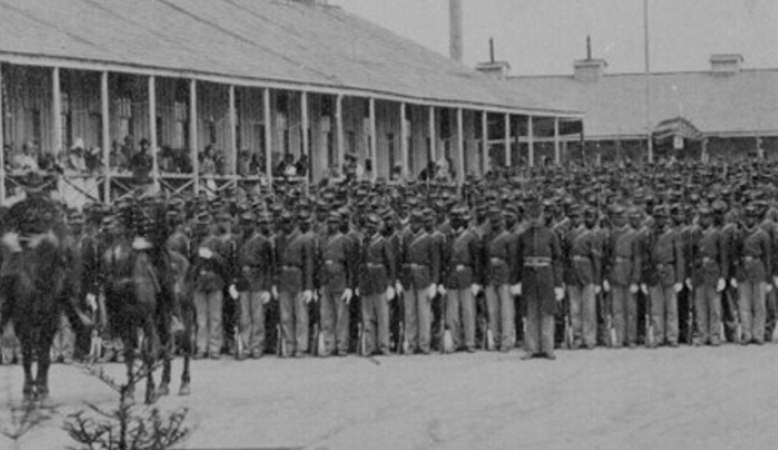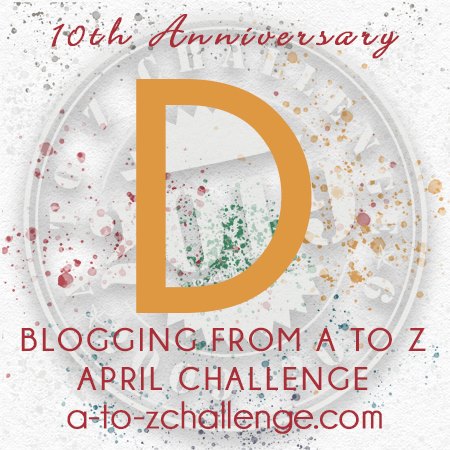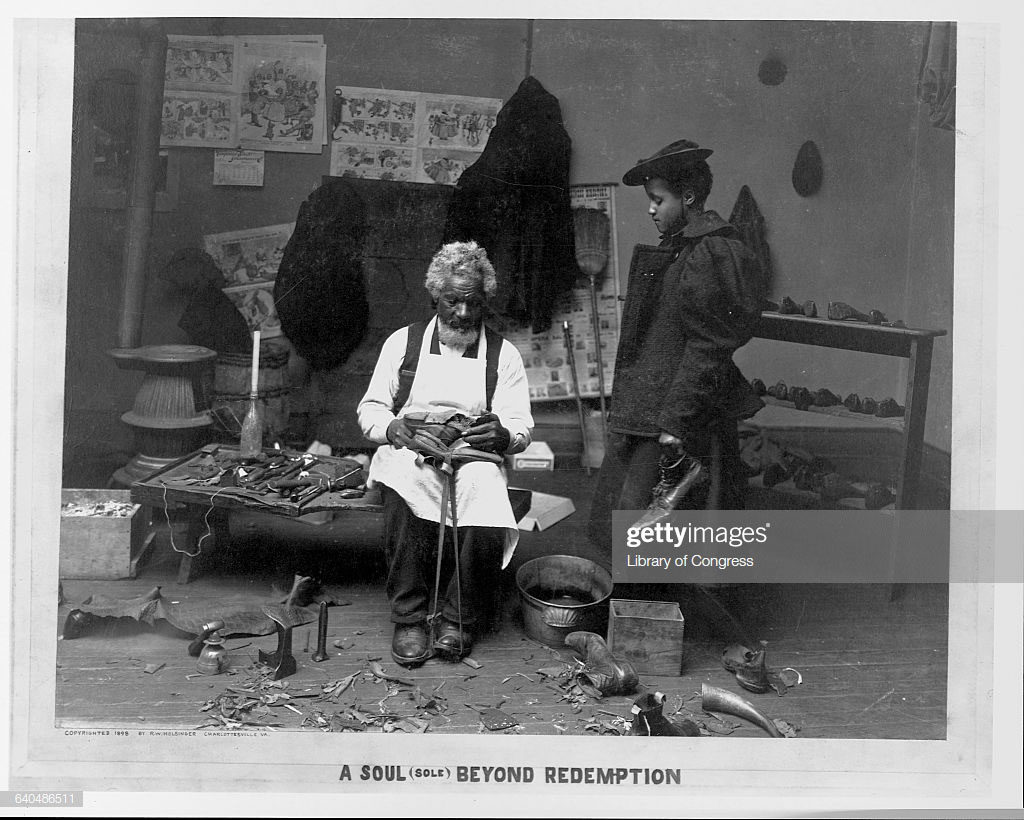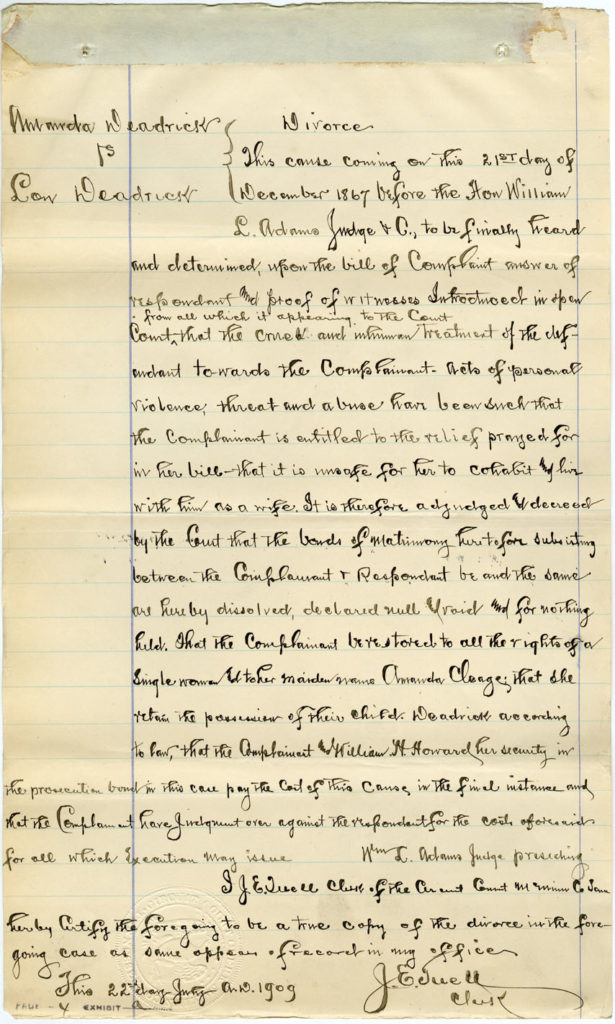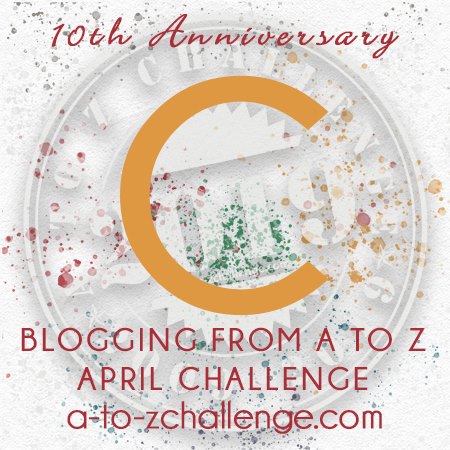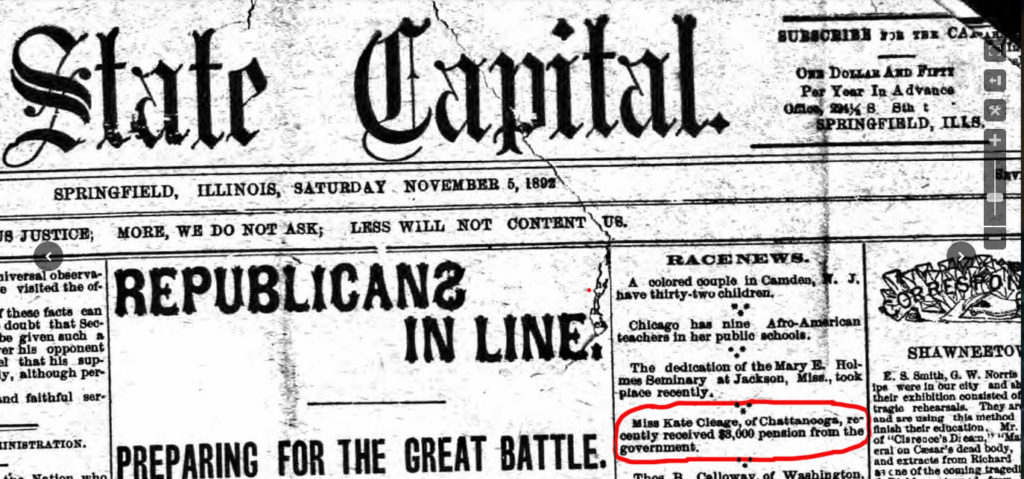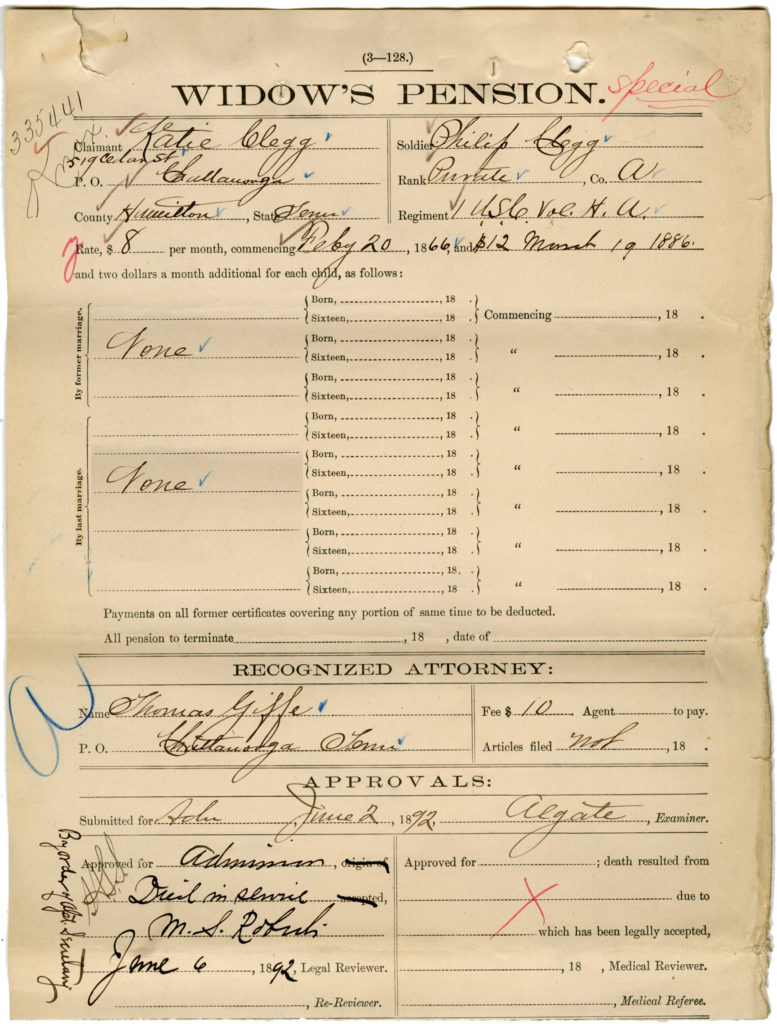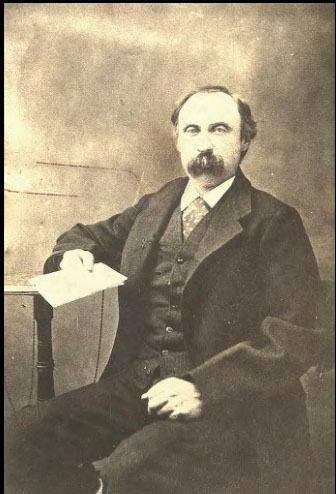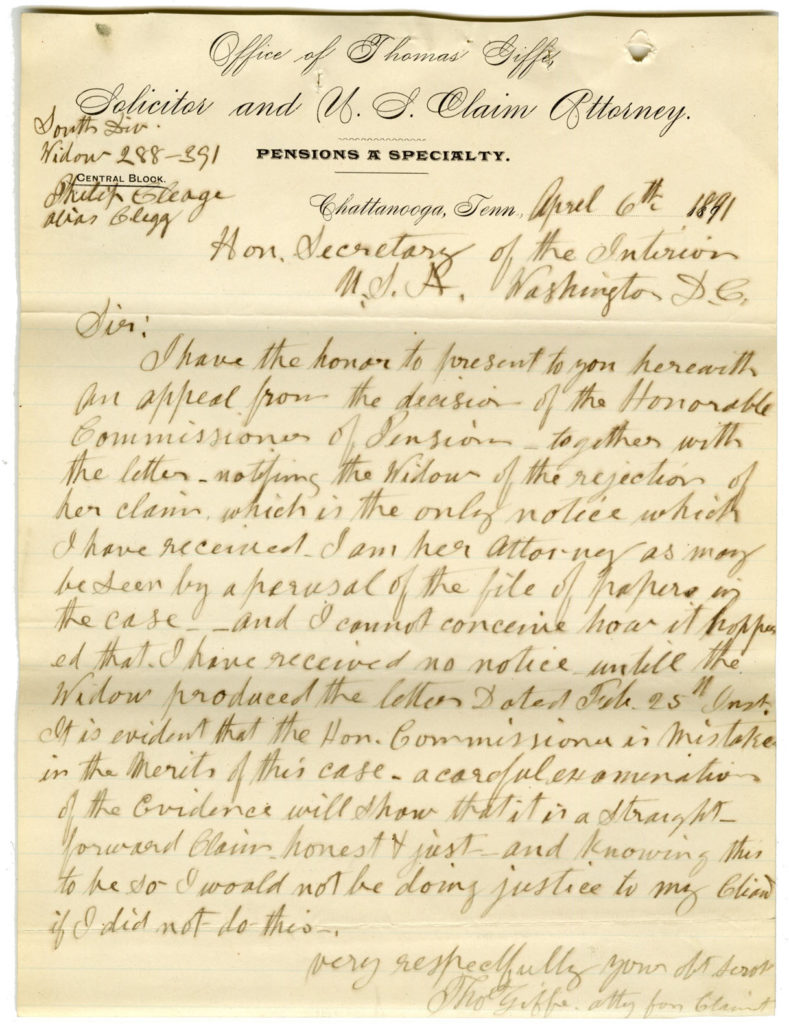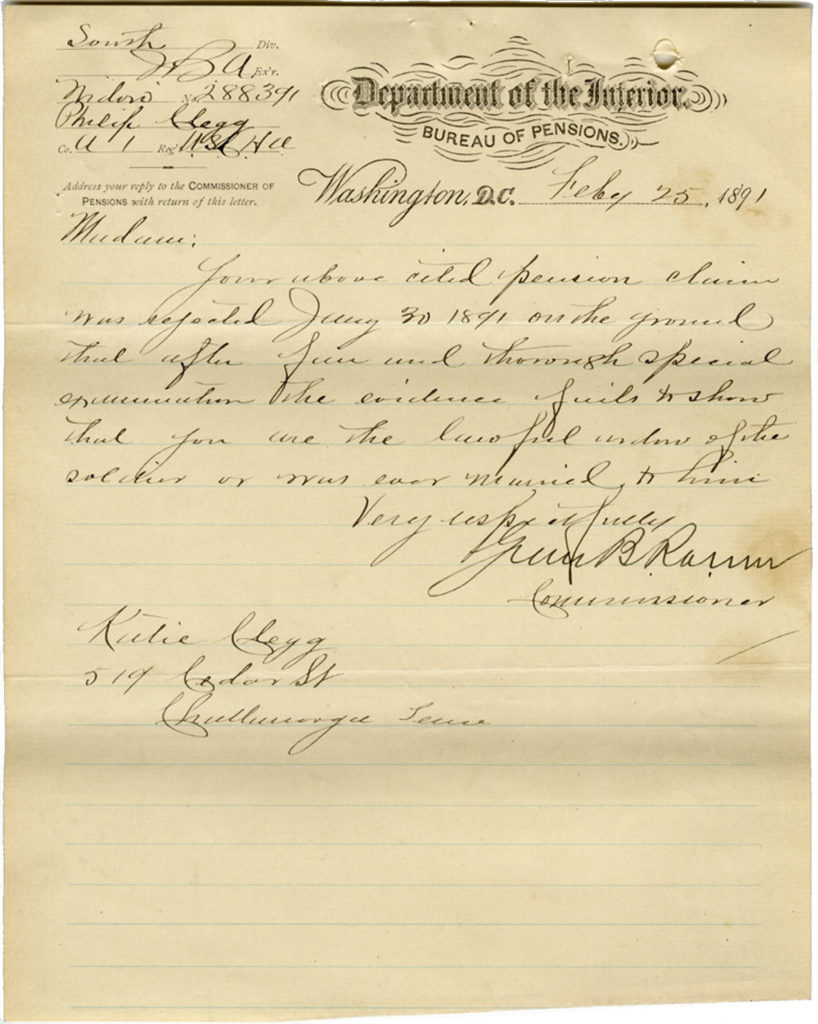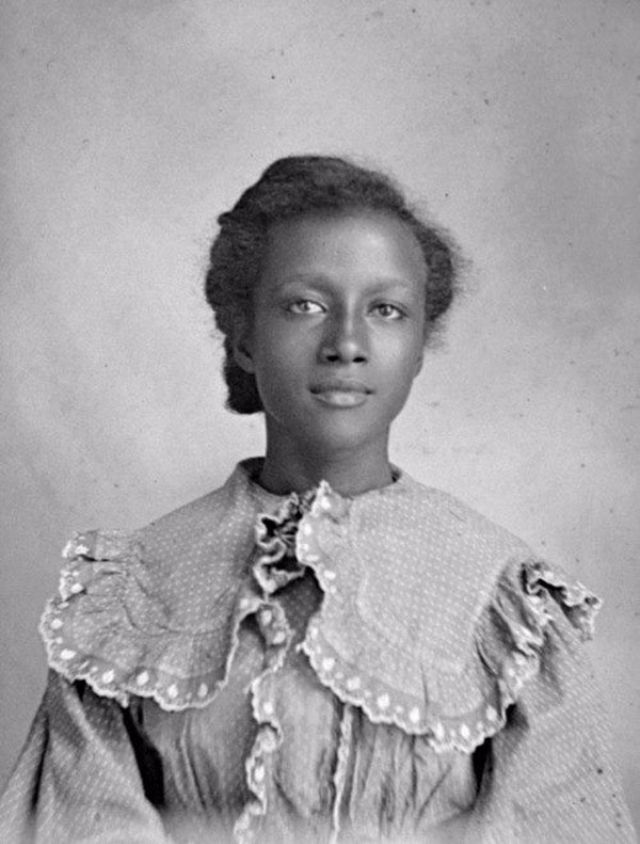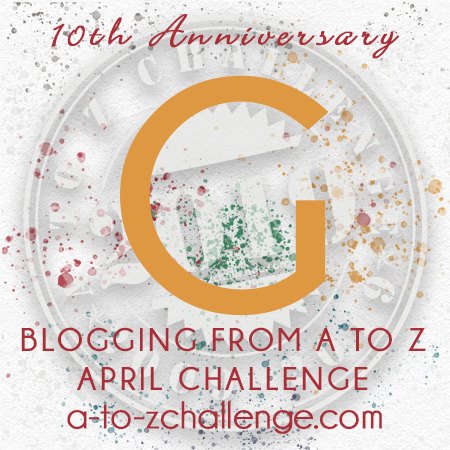
This is my 7th year participating in the A to Z Challenge. In the 2015 challenge, I wrote about the Cleages formerly enslaved on the plantations of Samuel and his sons Alexander and David Cleage of Athens, McMinn County, Tennessee. Most of the people in these posts are not related to me by blood or DNA, however my ancestors were enslaved on the same plantations with them.
This year I ordered the Civil War Pension files of the Cleage men who served in 1st Regiment, United States Colored Heavy Artillery (USCHA), during that war. Through these files I learned that their lives were much richer and more complex than census, death and other records can show. I am using the information from pension files and records that I found through the files for this years challenge.
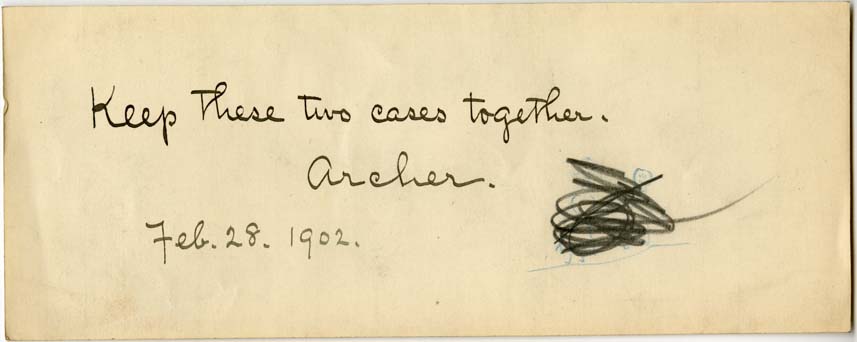
In 2015 I wrote about George Cleage. I thought I had his life figured out. He had served in the United States Colored Troops and had applied for a pension. I sent for his pension along with the others, thinking I would find out more about him. And I did.
When the pension file arrived, it contained the applications of two different men. One George Cleage applied from Athens, Tennessee in 1893. Another George Cleag applied from Corinth, Mississippi in 1894. At first I thought that two George Cleages had served, however there was only one military record so only one of them had served.
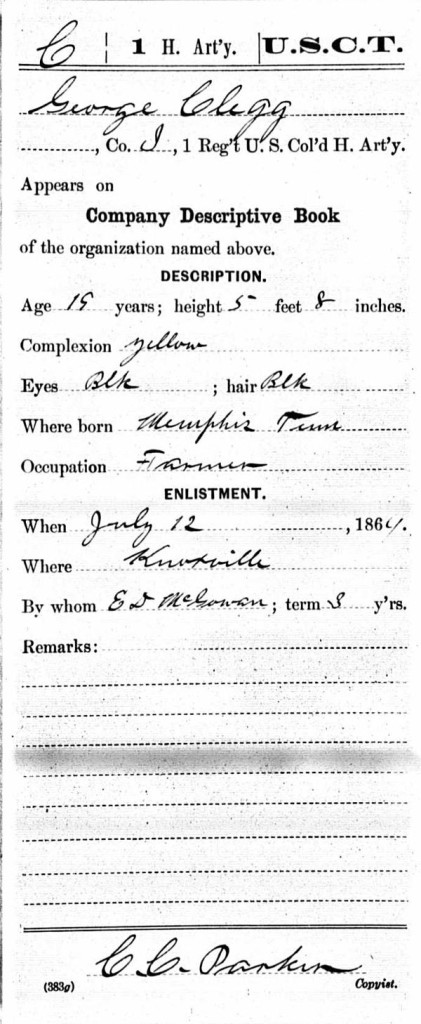
The quote below is from testimony given by Amanda Cleage during her widow’s pension hearing in 1908, gave the names her husband, Abram Cleage’s brothers and sisters.
“The soldier had four brothers, Isaac, Charley, George, Jeff and Jerome Cleag and two sisters Kitty and Sarah Cleag.” Amanda Cleag
This was the George that applied from Athens, TN. He lived his whole life in Athens. He filed his pension application but never followed up on it. He did not appear on the Veteran’s Census of 1890. He was described as “black” on all the U.S. Censuses he appeared in. On the other hand, the military record to the left, describes George Cleage as having a “yellow” complexion.
When Sallie Cleage Marsh gave testimony in Katie Cleage‘s Widow’s Pension case, she mentioned her son George Cleage, who lived in Corinth, Mississippi.
“Philip slept in my house upstairs, until he went in the army. He slept with my oldest boy. My boys name was George Cleage, I don’t know whether he is living or not. The last I heard of him he was at Corinth, Mississippi.” Sallie Cleage Marsh
That was the second George and the one that I didn’t discover until I received the pension file. This George appeared in the Veteran’s Census of 1890 living in Alcorn County, Mississippi. He was always designated as “mulatto” in the census records. He filed all of the papers for his file and continued to file, including information that he had an arm amputated because of a war injury. He and his lawyer pursued his case until 1914.
********
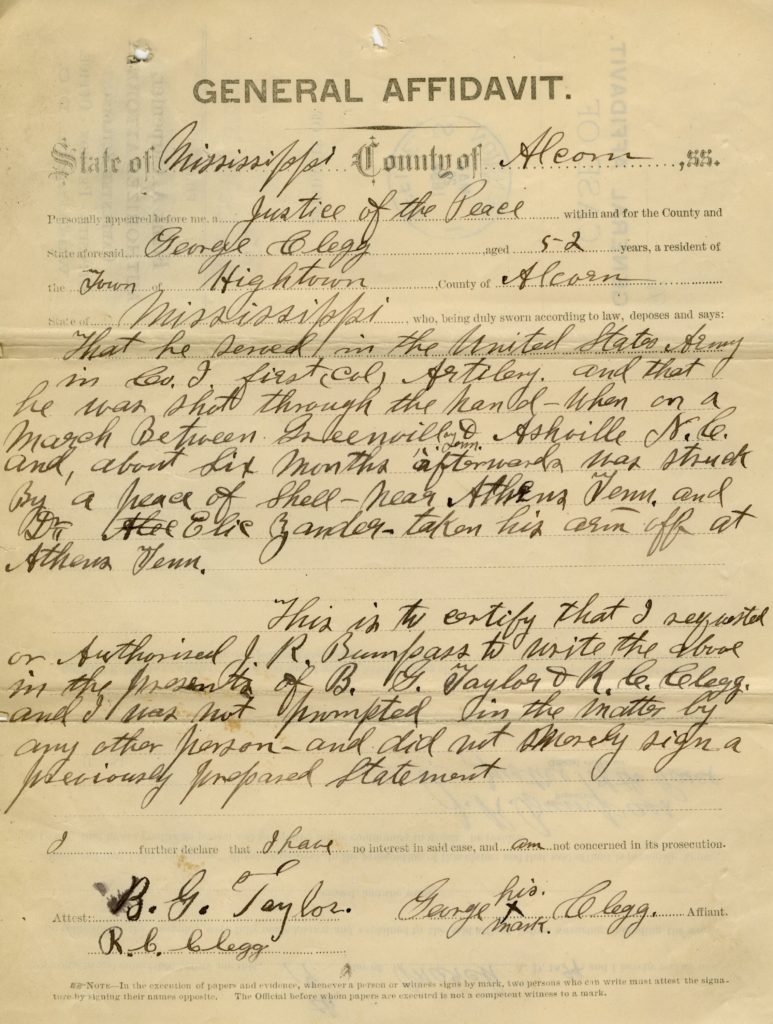
General Affidavit
State of Mississippi County of Alcorn. Personally appeared before me a Justice of the peace within for the County and state aforesaid George Clegg aged 52 years, a resident of the town of Hightown, County of Alcorn State of Mississippi, who being duly sworn according to law, deoses and says:
That he served in the United States being in Co. I First (col.) Artilery and that he was shot through the hand when on a march between Greenville and Ashville N.C. and about six months afterwards was struck by a piece of shell near Athens Tenn. and Dr. Elic Zander (Alexander) taken his arm off at Athens Tenn.
This is to certify that I requested J. R. Bumpass to write the above in the presents of B. G. Taylor and R. C. Cleagg. I was not prompted in the matter by any other person and did not ??? sign a previously prepared statement.
I further declare that I have no interest in said case and am not concerned in its prosecution.
George (his X mark Clegg Affiant
Attest:
B.G. Taylor
R.C. Clegg (note – George Cleag’s adult son)
******
I pick George Cleag from Hightower, Alcorn, Mississippi as the true veteran. Neither man ever received a pension.
